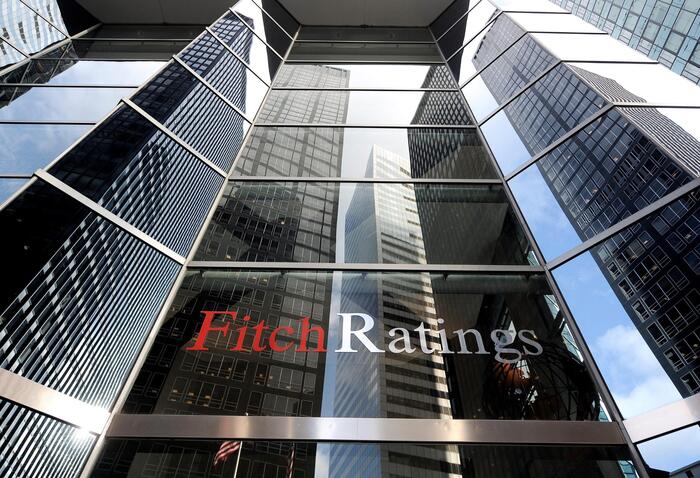Fitch confirms Italy's BBB rating and indicates stable prospects for the future in the assessment of the country's debt.
But he sees a recession coming next year due to a "strong deceleration" in Italy's economic growth starting in the fourth quarter due to the energy shock.
For 2023, the rating agency expects a GDP contraction of 0.4%, better than the -0.7% previously forecast, but very far from the +0.6% just indicated by the government in the Nadef. a context in which US inflation may even have reached its 'peak' leading the Fed to caution and the recession in Europe is taken for granted.
But in which the ECB shows no signs of wanting to stop: on the contrary,
the president Christine Lagarde hints that it may be necessary to arrive at restrictive rates and anticipate the farewell to Qe.
Less than a month from the December 15 meeting, which will take place a few hours after the Fed meeting, the 'doves' in the ECB Council - from the governor of Bank of Italy Ignazio Visco to the executive advisor Fabio Panetta - have invoked prudence, after between July and November Frankfurt raised rates by a full two points to 2%.
But the front of the 'hawks' seems more numerous and just today the president of the Bundesbank Joachim Nagel is making himself heard again: the ECB "would do wrong" to stop now on fears for growth and must start getting rid of government bonds in the balance sheet " early next year."
The response to inflation must be "firm"
says Dutch governor Klaas Knot.
If a rise of half a point seems more probable than of three quarters as in September and November, the path of the ECB is traced according to the declarations of Lagarde.
"We expect to raise rates further, and removing the monetary accommodation may not be enough" are the words with which the former French lawyer and politician not only quenched the expectations of a winter break, but hinted at the possibility that the ECB aim to reach a restrictive level, over 2% considered by many to be 'neutral'.
The ECB, then, has stopped buying new bonds for months.
But it continues to keep over 4,300 billion securities on its balance sheet, renewing those that expire from time to time.
The plan was to continue like this at least throughout 2023,
but today Lagarde made it clear that the farewell to Qe - i.e. the reduction in the size of the ECB's balance sheet - could be anticipated: "it is appropriate that the balance sheet, in a measured and predictable way, be normalized" and "in December we will define the principles -key" to do so.
In the meantime, that same reduction is already taking place after Frankfurt has tightened the conditions in which banks are financed with its Tltro maxi-loans, used to give credit to the economy but also to buy government bonds: only today, the first time window after the ', the banks thus repaid 296 billion in advance, and the expectations of many are that the liquidity drainage with the second 'window' in December will reach around one thousand billion, halving the value of long-term ECB loans.
The reactions of the markets were scarce, with the spread around 190 and the BTP back below 4% after a bit of morning volatility, despite the arrival of the review of the Italian rating by Fitch tonight, which is already traveling at BBB today (two steps above the ' junk') with a stable outlook: the crucial points were the forecasts on debt and deficit (Fitch asked for a consolidation of the accounts) and growth, where in October Fitch forecast a -0.7% far from the +0.6% of the Nadef.
A strong point, on the other hand, could be the spread kept under control up to now.
the crucial points are the forecasts on debt and deficit (Fitch asked for a consolidation of the accounts) and growth, where in October Fitch forecast a -0.7% far from the +0.6% of the Nadef.
A strong point, on the other hand, could be the spread kept under control up to now.
the crucial points are the forecasts on debt and deficit (Fitch asked for a consolidation of the accounts) and growth, where in October Fitch forecast a -0.7% far from the +0.6% of the Nadef.
A strong point, on the other hand, could be the spread kept under control up to now.

